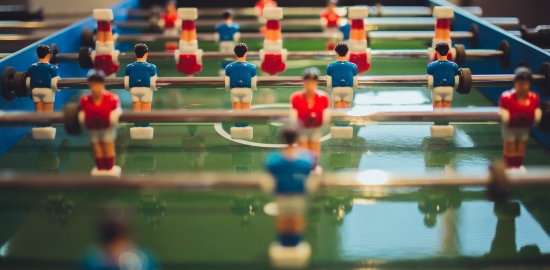
At some point during your first year as a human being, the adults throw a real curveball at you. They expect you to start understanding what right and wrong mean.
These lessons come in the form of mysterious reactions that follow certain things you do. After you pull all the books from the bottom shelf onto the floor, quite a feat for a one year-old, they scold you for some reason. When you pee in the correct place, they praise you.
It’s completely baffling, but over time you get a sense that adults are extremely preoccupied with classifying actions into two broad categories: okay and not okay, or good and bad.
You quickly gather this is how the world works. And there is some logic behind what’s rewarded and what’s punished: “bad” actions are usually (but not always) ones that hurt, annoy or inconvenience other people, and “good” actions usually (not always) help in some way, or at least don’t hurt anyone.
This classification system is so strongly emphasized by the adults that you develop a keen sense of it yourself. You see rights and wrongs everywhere, particularly where you stand to gain or lose something personally: in the fair distribution of treats, in acknowledgement for chores done, in which cartoon characters deserve to be happy (or in a police wagon) at the end of the episode. Read More

 I'm David, and Raptitude is a blog about getting better at being human -- things we can do to improve our lives today.
I'm David, and Raptitude is a blog about getting better at being human -- things we can do to improve our lives today.
I highly recommend a consistent, daily meditation practice! For years I was interested in meditation, but never did much more than read a lot about it, and think a lot about it... but that doesn't hold a candle to actually sitting and meditating every day. I find it helpful to keep...